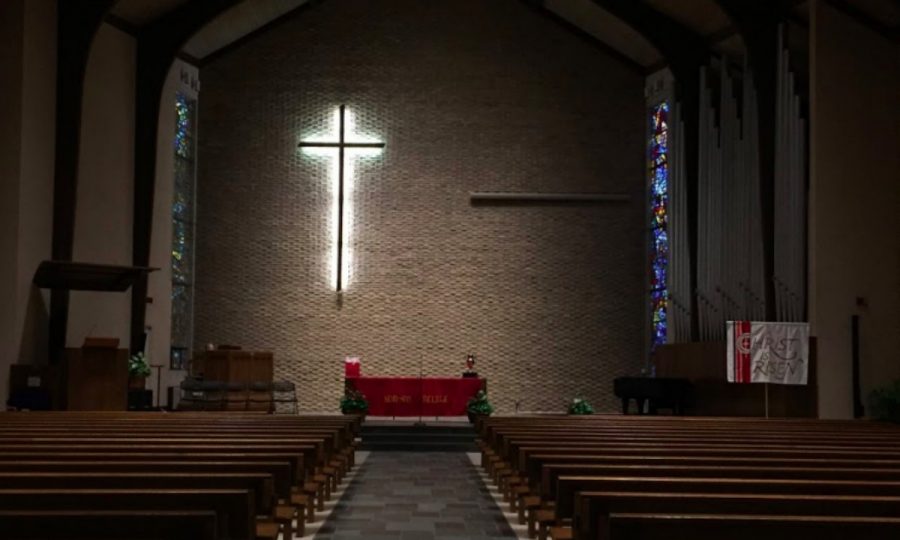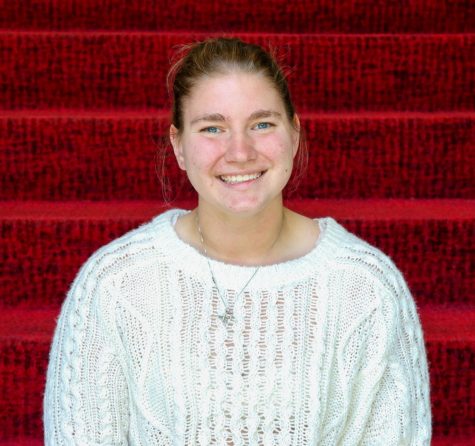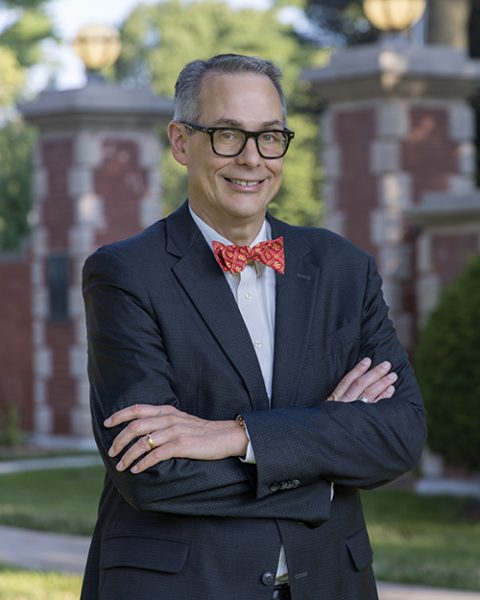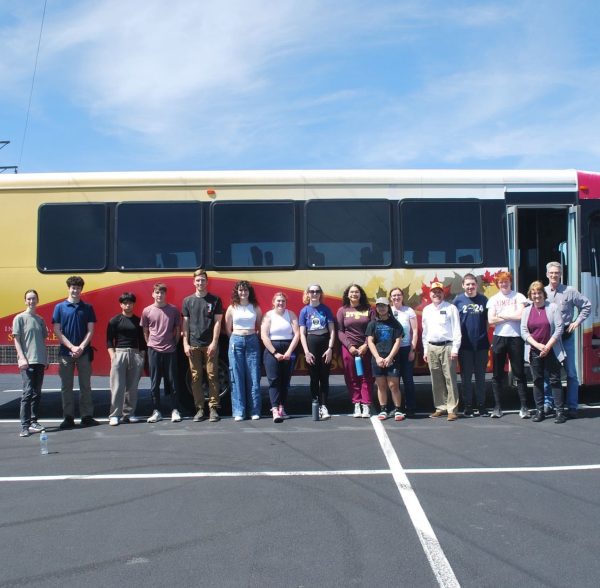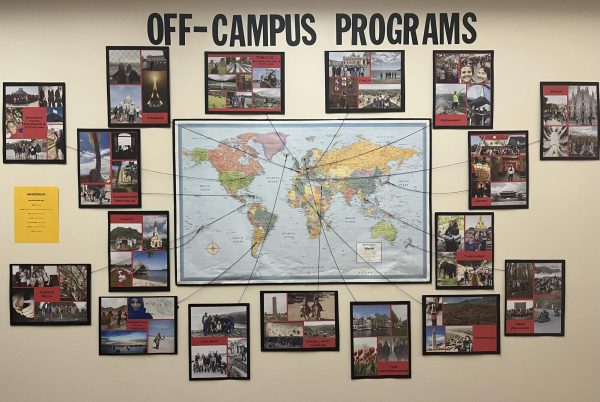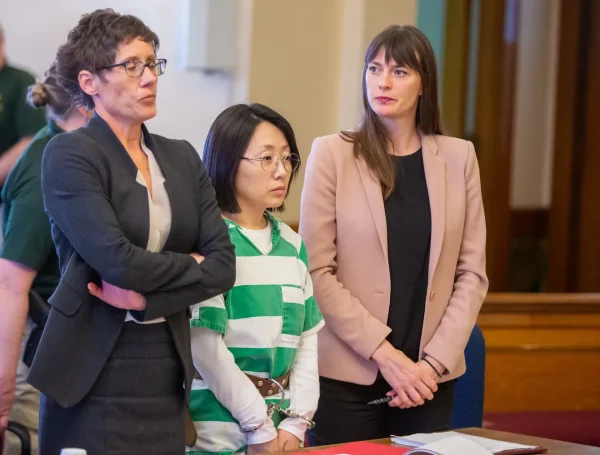United Methodist Church to decide on LGBTQ inclusion
February 20, 2019
Delegates from around the world will gather this weekend for the General Conference of the United Methodist Church. The goal is to vote on the potential inclusion of LGBT persons in the church.
The United Methodist Church currently does not support same-sex marriage and clergy members cannot perform same-sex weddings. Charges could be brought up if they do so.
“The United Methodist Church does not condone the practice of homosexuality and considers this practice incompatible with Christian teaching. We affirm that God’s grace is available to all. We will seek to live together in Christian community, welcoming, forgiving, and loving one another, as Christ has loved and accepted us. We implore families and churches not to reject or condemn lesbian and gay members and friends. We commit ourselves to be in ministry for and with all persons,” the Book of Discipline says.
The General Conference is the legislative body of the United Methodist Church and is made up of many delegates. The group makes decisions regarding changes to the Book of Discipline and makes other decisions.
“It’s the only group that can speak on behalf of the United Methodist Church and our General Conference is made up of equal numbers of lay and clergy delegates from around the world. Numbers are kind of proportionally based so conferences with more people have more delegates,” the Rev. Katie Dawson, a Simpson alumna, said.
The General Conference functions much like the state or federal government. All petitions must be voted on by a legislative committee before being up for debate by the whole entity, Dawson said.
The delegates will be debating and voting on how the church will include, or not include, LGBT persons in ministry. They will discuss three major plans that came out of the Commission on the Way Forward.
“Their goal was to work through some new possibilities or some different ways of thinking about how we might hold the church together in spite of our differences,” Dawson said.
The first plan would create space for disagreement on the issue and is the one recommended by the Council of Bishops. The plan is called the One Church Plan. It would allow for more local authority.
“So, an example would be, Annual Conferences currently with their Board of Ordained Ministry interview candidates and determine who’s qualified for ministry and not. This would give the decision back to the Boards of Ordained Ministry. There would no longer be an overarching thing that says if you’re a self-avowed practicing homosexual, you can’t be ordained or commissioned or whatever,” Dawson said.
Clergy members would be able to decide if they wish to perform a same-sex wedding. Local churches will also be able to change their wedding policies to allow, or not, a same-sex wedding.
However, if a local church cannot or chooses not to make a decision, the default will be to not allow same-sex weddings, Dawson said.
The second plan, the Connectional Conference Plan, also creates space for disagreement and would create three branches of the church.
Currently, each annual conference is a part of a district, but under this plan, each jurisdiction will be able to decide which branch of the church it wants to join.
“First the jurisdiction you currently belong to, would vote as to which branch, they want to join. If your annual conference disagrees with that, they could vote to join a different branch. Then if a local church disagrees about which branch, they’ve ended up with, they could vote to join a new branch. So, there’s like a sorting process along the way,” Dawson said.
Each branch would then have their own Book of Discipline while also having a core that everyone shares.
The third plan is a traditional plan that would enforce the current rules more.
“So, it doesn’t change what the discipline says, but it adds layers of enforcement,” Dawson said. “Part of how it does it, is that each Annual Conference will have to say that they will uphold all of the rules of the discipline and if the Annual Conference will not agree to do that then the Annual Conference… is encouraged or is required to leave the denomination.”
The General Conference will meet on Saturday and Sunday in St. Louis, Missouri, to discuss and vote on which plan to implement.
“The denomination, no matter what, is going to look different after this than it does today,” Dawson said. More information about the plans is available on the Iowa United Methodist Church’s website and the conference can be live-streamed over the weekend.



